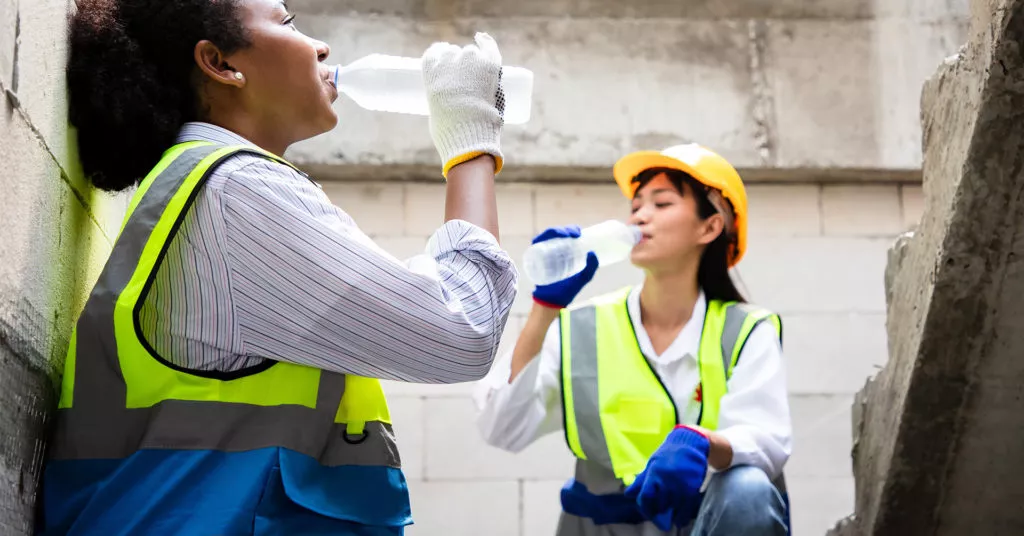Throughout July, the United States experienced an unprecedented surge of heatwaves, causing immense challenges for small businesses and their employees. A recently released report by Homebase, a small business payroll company, underscores the far-reaching impact of scorching temperatures on local economies.
With many businesses forced to close early and reduce working hours, the extreme heat advisories affected millions of Americans, particularly in the South and Southwest regions, where record-breaking highs were recorded. As consumers opted to stay indoors to avoid the dangerous temperatures, businesses suffered from declining foot traffic and significant shifts in consumer behavior.
Impact on Small Businesses:
The Homebase report reveals that small businesses across the nation reported a 0.9% decrease in employee working hours during the first two weeks of July compared to the last two weeks of June. This reduction in hours is a common seasonal change during the summer months. However, the situation was far more severe in cities that bore the brunt of the heatwaves. In places like New Orleans and Memphis, employees worked 5.7% and 5.1% fewer hours, respectively, compared to June. Business owners in these areas were forced to shorten their operating hours to adjust to the reduced number of customers and to protect their employees from excessive heat exposure.
Conversely, cities such as Boston, where shorter heatwaves occurred, witnessed a rise in employee working hours. This contrast in working hours underscores the significant influence weather has on both business operations and employee productivity.
Testimonies from Affected Workers:
Having worked at Willie’s Taco Joint in Phoenix, Danah Lee witnessed the direct impact of the extreme heat on businesses and employees. Expressing her worries, she stated, “The heat doesn’t just affect our business; it also takes a toll on my team.
Working extended hours in this heat is incredibly challenging. To prevent heat exhaustion, I’ve had to adjust the schedule, employing more people and assigning shorter shifts.”
Labor-Intensive Industries Face Unique Challenges:
The situation is especially alarming for labor-intensive outdoor industries. Travis Parsons, director of occupational safety and health for the Laborers International Union of North America, raised concerns that some employers were not required to make accommodations for the extreme heat, leaving workers vulnerable to heat-related injuries.
This highlights the pressing need for federal oversight and regulations to safeguard the well-being of workers during such harsh weather conditions.
Urgency for Collective Efforts:
As heatwaves continue to take a toll on small businesses and their employees, there is an urgent call for collective efforts to address this issue. Federal and state authorities must prioritize measures to protect workers and their employers during extreme heat conditions. Additionally, it is essential for businesses to adapt and implement strategies to mitigate the impact of heat waves on their operations and workforce.
The record-breaking heatwaves of July have cast a shadow on small businesses and their employees across the United States. The Homebase report provides critical insights into the far-reaching consequences of scorching temperatures on local economies. As businesses struggle to cope with reduced working hours and declining foot traffic, the urgency for protective measures and federal oversight becomes evident. Collective efforts are necessary to ensure the safety and well-being of small business owners and their dedicated workforce during these challenging times of extreme heat.




